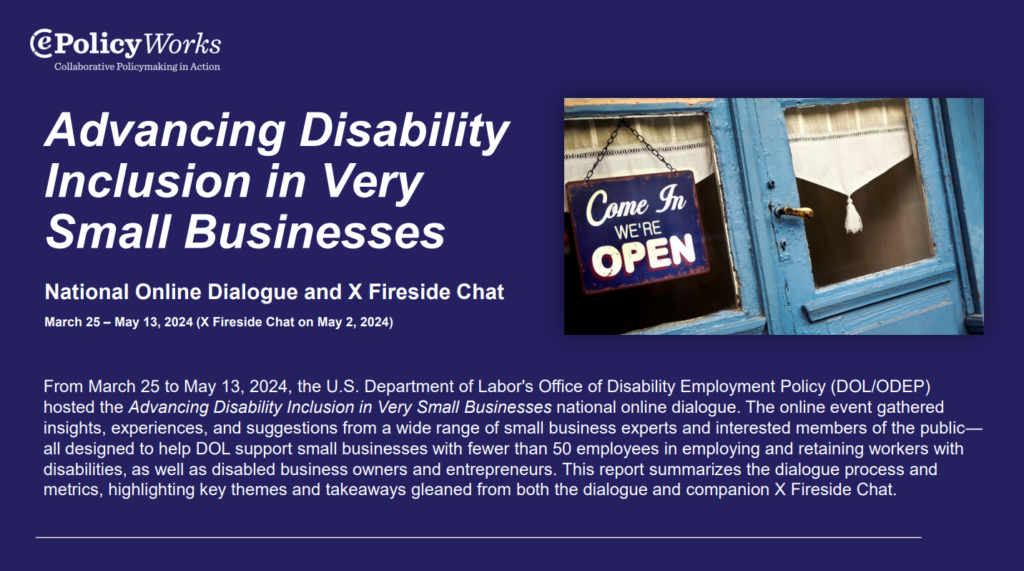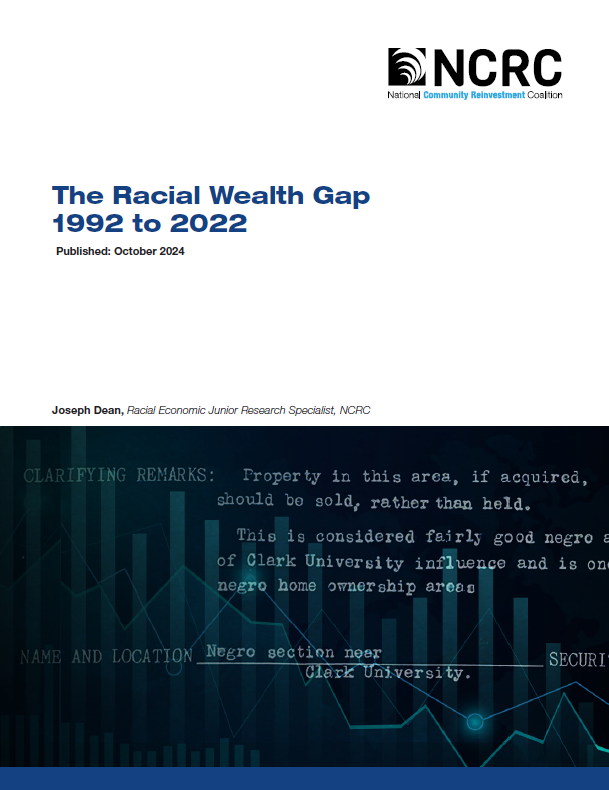- June 16, 2025
- June 16, 2025
- June 4, 2025
- June 4, 2025
- December 13, 2024This month, the U.S. Department of the Treasury's Community Development Financial Institutions Fund (CDFI Fund) released a series of summary…
- November 26, 2024In celebration of Native American Heritage Month 2024, the Association for Enterprise Opportunity (AEO) has published a fact sheet highlighting…
Home › Resources




